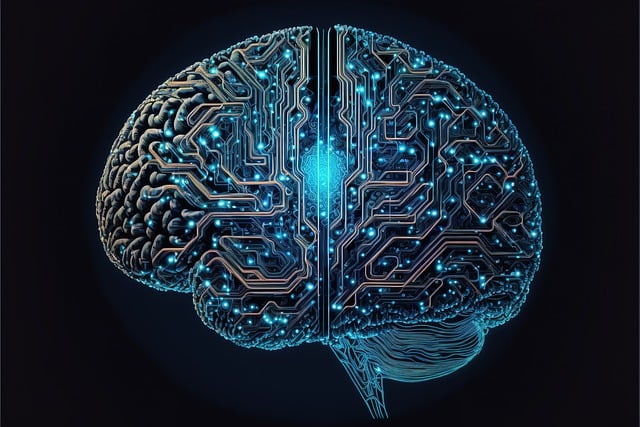66% of people now use AI daily, so it’s no surprise to learn that it is impacting the way personal injury cases are dealt with. From initial client intake to case valuation and courtroom preparation, AI-powered tools are streamlining processes, enhancing efficiency, and aiming to deliver more accurate outcomes for both attorneys and their clients.
Case Intake and Document Management
There are around 400,000 personal injury cases filed each year, and one of the earliest impacts of AI in personal injury law is seen in the automation of administrative tasks. AI-powered tools can assist in qualifying potential clients by asking preliminary questions and flagging high-value cases for attorney review. This not only saves time but also allows legal professionals to focus on more complex aspects of a case from the outset.
Personal injury cases are notoriously document-intensive, involving extensive medical records, police reports, and insurance policies. A skilled personal injury attorney often relies on AI to sift through and analyze vast quantities of these documents in a fraction of the time it would take a human. These tools can extract crucial information, identify key details, summarize medical records, and even create chronological timelines of events, significantly reducing manual labor and the risk of human error.
Enhancing Legal Research and Case Strategy
Legal research is a cornerstone of building a strong personal injury case. AI-driven research tools can analyze enormous volumes of case law, statutes, and legal precedents in seconds, providing attorneys with relevant information much faster than traditional methods. This lets attorneys stay updated with the latest legal developments and build more compelling arguments. Furthermore, AI can assist in developing case strategies by identifying patterns in historical case data and predicting how certain legal arguments might be received.
Revolutionizing Case Valuation and Predictive Analytics
Perhaps one of the most significant transformations AI brings to personal injury law practiced by legal professionals is in the realm of case valuation and predictive analytics. AI algorithms can analyze data from thousands of past cases, considering various factors like injury severity, medical expenses, and jurisdictional precedents, to predict potential settlement values and case outcomes with greater accuracy. This data-driven approach helps attorneys set realistic expectations for their clients and develop more effective negotiation strategies. Insurance companies are also increasingly using AI for automated claim evaluation and to estimate damages, making it crucial for plaintiff attorneys to leverage similar technologies to ensure fair assessments.
Improving Evidence Analysis and Fraud Detection
AI-powered tools are becoming increasingly sophisticated in analyzing complex evidence. This includes examining surveillance footage to reconstruct accidents, detecting patterns in medical imaging that support a client’s claim, or analyzing GPS and speed data from vehicles involved in an accident. Additionally, AI algorithms can help in detecting patterns or inconsistencies that might suggest fraudulent claims, ensuring that legitimate cases receive the attention they deserve.
Streamlining Client Communication
Maintaining clear and consistent communication with clients is vital, especially when they are dealing with injuries and the stresses of a legal case. AI-powered chatbots and virtual assistants can handle routine client inquiries, provide case updates, and schedule appointments, freeing up legal staff to focus on more personalized client interactions, although it’s worth noting that only 46% of people trust AI.
The adoption of AI in personal injury law is rapidly accelerating, with law firms increasingly recognizing its potential to enhance efficiency, improve accuracy, and achieve better outcomes for clients.































